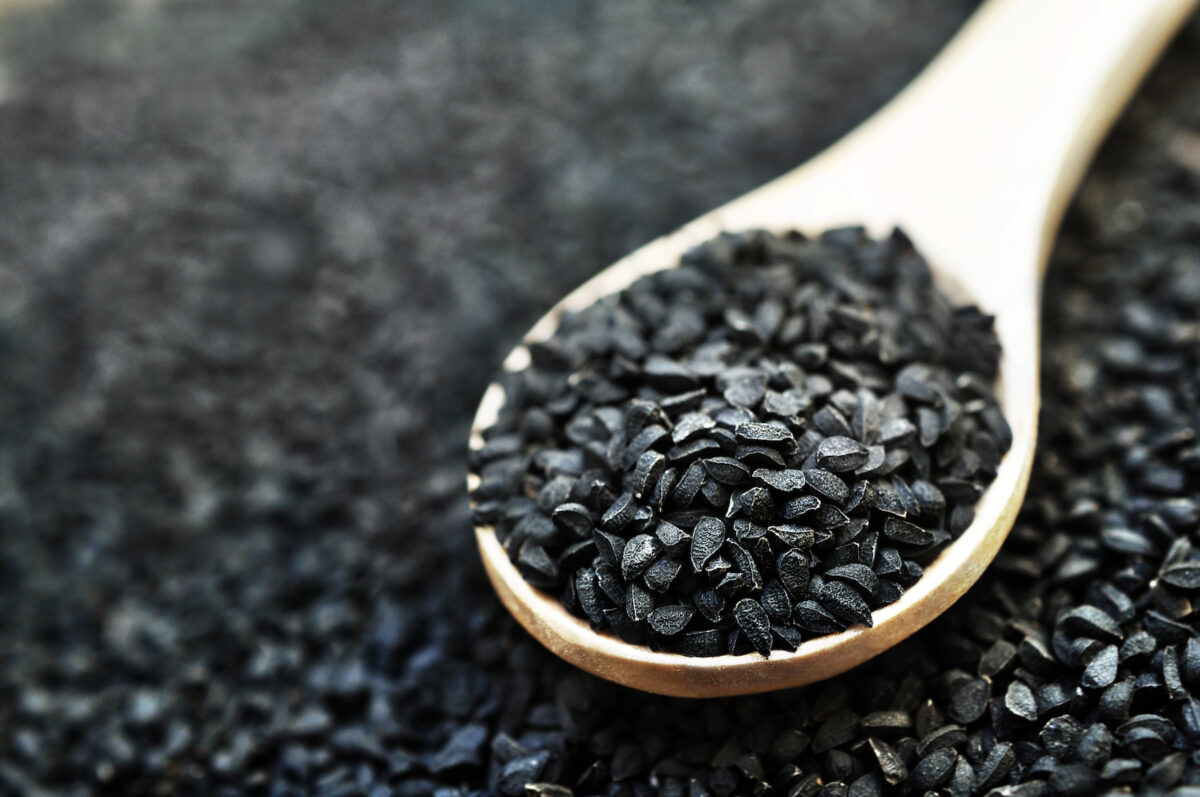Before starting the ruqyah process it is important that the patient removes any animate pictures from their home, any amulets which contain illegible text or invoke upon other than Allah. These must be disposed of immediately.
Then the patient should make wudu and remain in a state of wudu throughout the day, including when sleeping. Then they should recite the Ruqyah verses loudly, clearly and with complete concentration 3 to 7 times.
The Qur’an
Ruqyah is a form of controlled expulsion of spirits or negative energies using incantations of verses from the Qur’an, parts from ad’iyah (supplications) of the Prophet (May Allah’s Peace and Blessings be upon Him), and general supplications for healing and support of God. It can help cure physical illnesses like headache and skin diseases as well as spiritual issues such as depression, fear, anxiety and so on.
When performing ruqyah, it’s important to make sure that the person does it with good intention and is confident in reciting the Qur’an verses without any doubts or hesitation. The recitation should also be clear and loud.
It’s also recommended to use the right equipment, such as a speaker or microphone. Ruqyah performed with loudspeakers and blowing air on multiple patients at once is against the Sunnah. This violates the conditions that need to be met for ruqyah, such as making ablution, performing two rak’ah prayers and seeking forgiveness from Allah.
The Hadith
The Hadith are reports of the words and actions of Allah’s Messenger Muhammad (peace and blessings be upon him). They form an important source, second only to the Quran, for Muslim law, ritual, and belief. They also inform Islamic scholarship, including history, literature, Sufism, and the sciences such as astronomy and medicine. Hadiths are classified by their isnads (chains of transmission), which determine how reliable a given report is: sahh, which means that the chain is unbroken and has trustworthy narrators; hasan, which is a more lenient classification for the chains that may be interrupted or have transmitters with questionable authority; and da’if, which refers to traditions that are considered weak.
A number of hadiths relay that the Prophet, peace and blessings be upon him, recited verses from the Qur’an to cure a variety of ailments. He would then place his hands over the afflicted person and supplicate, “Allahumma Rabban-nasi, adhhibil-basa, washfi, antash-Shafi” [O Allah, heal him/her] (Sahh Al-Bukhari). A similar dua was recited by Abu Hurairah to treat a man with the evil eye.
The Sunnah
The Sunnah is the body of traditional social and legal custom and practice that constitutes the major portion of Islamic law. It was developed in the 8th century c. based on the Hadith (recorded sayings of the Prophet Muhammad) as a means to reconcile varying community practices and to supplement the Quran and Hadith in tafsr (Quranic exegesis) and fiqh (Islamic jurisprudence).
There are many ways to perform Ruqyah according to the Sunnah, including reading the Surahs or ayats of the Qur’an or reciting morning and evening adhkar (see Ummah Welfare Trust’s daily Adhkar book). Reciting these verses can provide protection against evil eye, jealousy, magic and jinn, and can cure diseases caused by jinn or shayatin. However, it is essential to seek medical solutions first and only use Ruqyah after all other scientific treatments have failed. This is in order to avoid any harm that may befall you. In addition, performing ruqyah is also an act of worship, a way to build your iman and reaffirm your tawhid for Allah.
The Ruqyah Practitioner
Ruqyah is recited in order to protect, heal and purify the soul and body. It is a spiritual healing process that involves incantations of verses from the Glorious Quran, parts of ad’iyah (supplications reported by the Prophet Muhammad peace and blessings be upon him) and general supplications.
The Ruqyah Practitioner must listen to the patient and be aware of their issues. They must also be able to diagnose the problem. They should recite the correct supplications and do it loudly, confidently, with a clear heart and mind.
It’s important that the Ruqyah practitioner has the right intentions for doing this healing treatment. They should not merely want to make money or become famous. They must do it for the sake of Allah and be a source of good to the people around them. This is why it’s important to promote professionalism and accountability in the field of Ruqyah to safeguard the public from exploitation. Fake practitioners should face stiff punishments including jail time. ruqyah process
